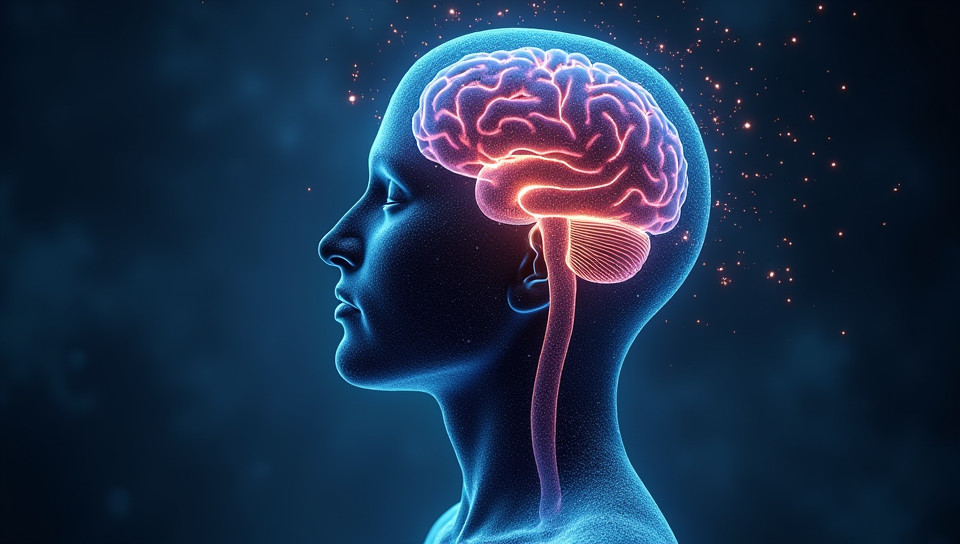Psychobiotics can have a positive effect on brain function 89%

The Gut-Brain Connection: How Psychobiotics Can Improve Mental Health
Imagine being able to boost your mood, reduce stress and anxiety, and even improve cognitive function without needing medication or therapy. Sounds too good to be true? Think again! The latest research in the field of psychobiotics suggests that certain live microorganisms can have a profound impact on our brain function.
What are Psychobiotics?
Psychobiotics are live organisms, such as bacteria and yeast, that produce specific compounds that interact with the brain. These microbes reside in the gut and communicate with the central nervous system through a complex network of neurons and neurotransmitters. By targeting these psychobiotics, scientists believe they can manipulate the brain's chemistry to alleviate various mental health conditions.
The Science Behind Psychobiotics
Research has shown that psychobiotics can influence the brain in several ways: - Modulating the gut-brain axis: Psychobiotics can alter the communication between the gut and the brain, leading to changes in mood, cognitive function, and stress response. - Producing neurotransmitters: Certain psychobiotics can produce neurotransmitters such as serotonin, dopamine, and GABA, which play a crucial role in regulating emotions and cognition. - Reducing inflammation: Psychobiotics can help reduce inflammation in the gut and brain, which is associated with various mental health conditions.
Benefits of Psychobiotics
The potential benefits of psychobiotics are vast and promising. Some of these benefits include: - Improved mood: By producing neurotransmitters such as serotonin, psychobiotics can help alleviate symptoms of depression and anxiety. - Enhanced cognitive function: Psychobiotics have been shown to improve memory, attention, and processing speed in individuals with cognitive impairment. - Reduced stress: The gut-brain axis plays a significant role in regulating the body's response to stress. By targeting psychobiotics, researchers believe they can reduce stress levels and promote relaxation.
Conclusion
The field of psychobiotics is still in its early stages, but the potential for innovation and discovery is vast. As research continues to uncover the mechanisms by which psychobiotics interact with the brain, we may soon have new treatments for a range of mental health conditions. By harnessing the power of live microorganisms, scientists hope to develop novel therapies that can improve our overall well-being without the need for medication or therapy. The future of psychobiotics looks bright, and it's an exciting time to be at the forefront of this groundbreaking research.
- Created by: Sebastián Salazar
- Created at: Dec. 1, 2024, 11:14 a.m.
- ID: 16363









